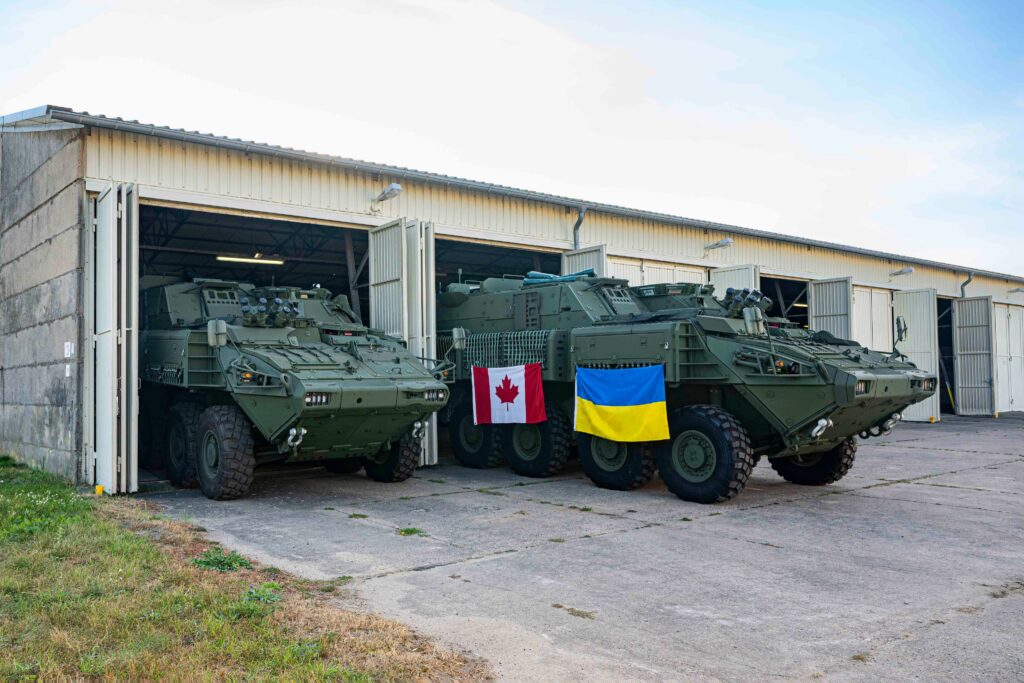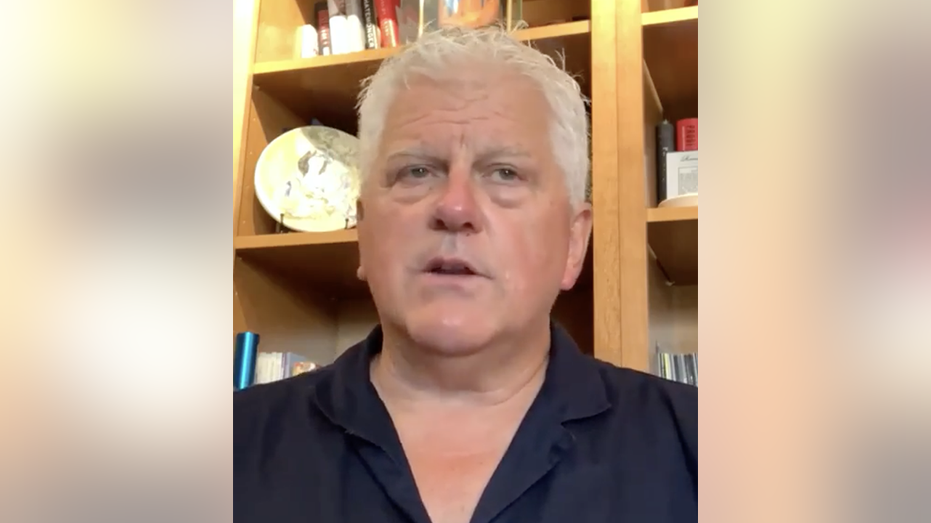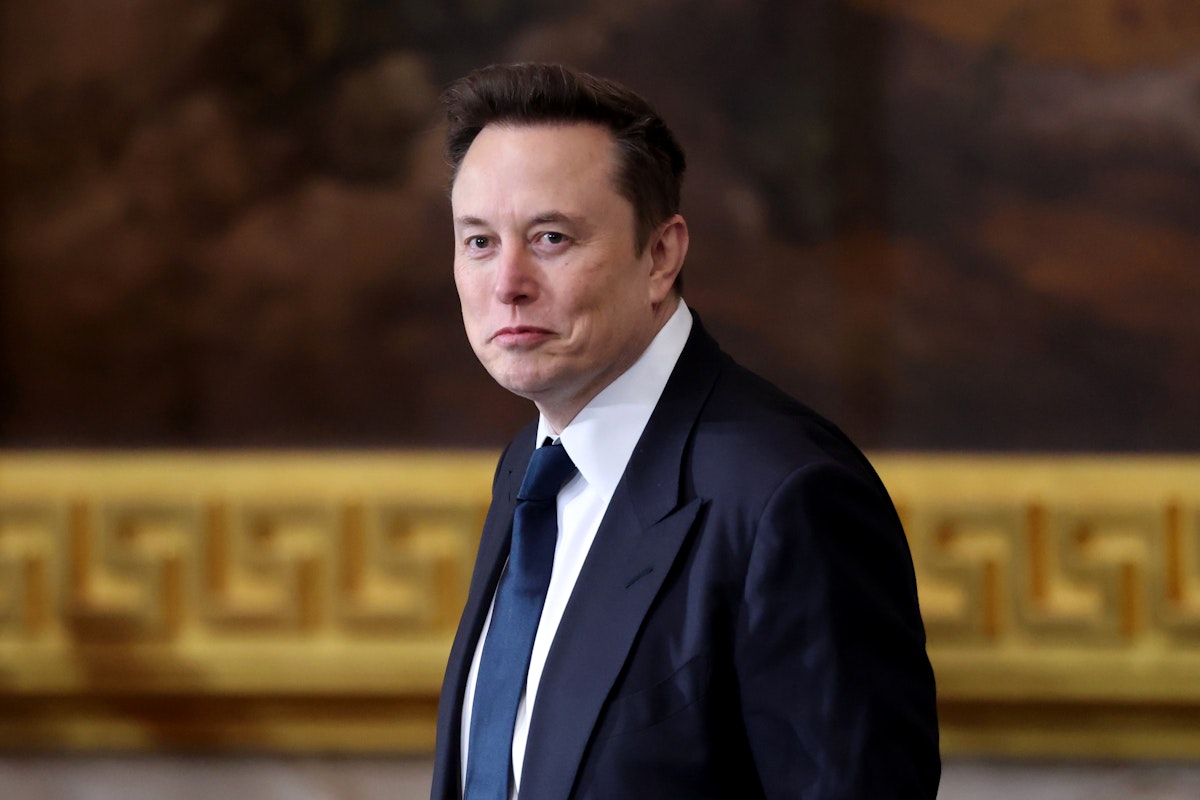Ukraine struggles to repair Western equipment damaged on the front lines as spare parts remain in short supply
Western weapons damaged in Ukraine face months-long repair delays as complex logistics and licensing requirements hinder swift action.


Repairs of Western weapons and equipment damaged or worn out during battles in Ukraine often face months-long delays due to complex logistics and bureaucratic hurdles, Deutsche Welle reports.
As of December 2024, Western-supplied military equipment for Ukraine has suffered significant damage and destruction on the battlefield due to ongoing Russian offensives. According to estimates by the monitoring project Oryx, Russian forces have damaged at least 11 Leopard 2A4 tanks, 5 German Leopard 2A6 tanks, 7 M1A1 SA Abrams tanks, and 32 M113 armored personnel carriers.
In an interview, Bohdan Nahay, commander of a Panzerhaubitze 2000 howitzer division in Ukraine’s Armed Forces, praised the German artillery system but noted that intensive battlefield use causes frequent issues. Common problems include software failures, overheating of control units, and barrel breaks.
Even repairs manageable in field conditions, such as barrel replacements, are delayed due to a shortage of spare parts.
“The timeframe depends on the availability of parts, requiring from two months to six months,” Nahay explained.
European defense companies are ramping up production of artillery barrels and spare parts, and joint ventures in Ukraine are being established to repair and maintain donated Western military equipment.
However, bureaucracy remains a significant obstacle. According to DW, sending replacement parts to Ukraine requires an export license for each item in Germany, a process that often stretches from weeks to months.
A representative of a German defense company highlighted the need for a “military Schengen,” recently proposed by Chancellor Olaf Scholz. This initiative would harmonize EU regulations, creating a simplified and expedited approval process for transporting weapons and components across member states without requiring individual export licenses.
“It should be a priority for the new EU Commissioner for Defense, Andrius Kubilius. It’s crucial for Ukraine to be included in this ‘military Schengen,’” the representative stressed.
Previously, Armin Papperger, the CEO of the German defense giant Rheinmetall, said his company was preparing to open its second military factory in Ukraine, with plans for four facilities in total.
German arms giant Rheinmetall to open second Ukraine plant with four in total
Read more:
- Sweden and Denmark to send 40 CV90 infantry fighting vehicles to Ukraine as Kyiv expects new offensive on Kherson Oblast
- Rheinmetall delivers 20 more Marder IFVs to boost Ukraine’s defense against Russia
- Ukraine orders eight advanced surgical stations from German Rheinmetall
- US and Germany reportedly foiled Russian plot to assassinate Rheinmetall CEO – CNN citing anonymous sources



